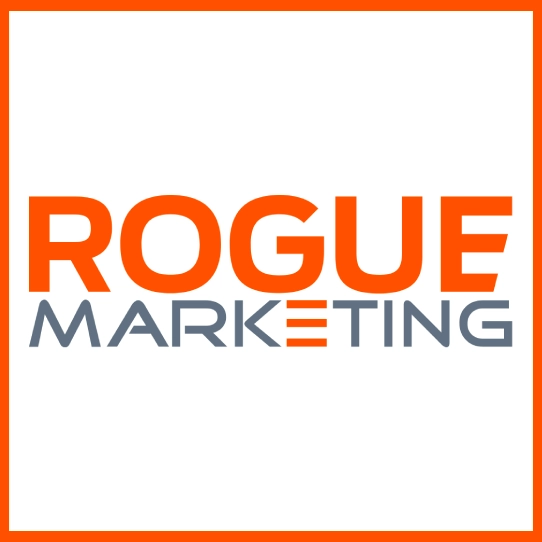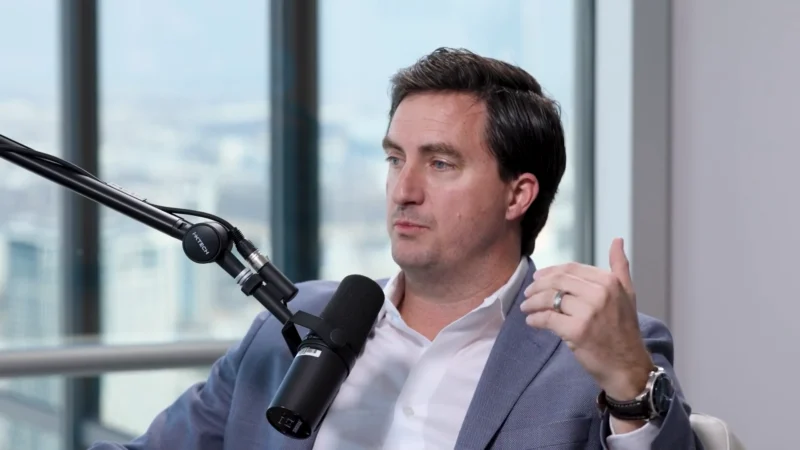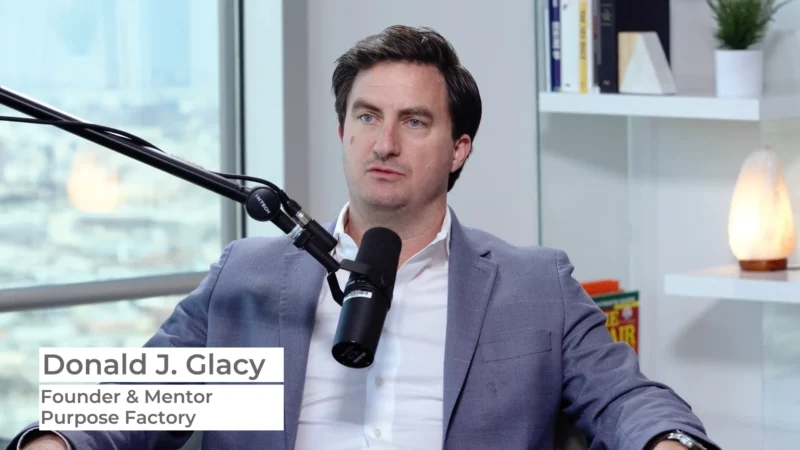The Framework Series – Episode 4: RED Marketing
Marketing is evolving fast, and brands must adapt or risk being left behind. RED Marketing highlights the critical need for messaging that is relevant, easy to engage with, and distinct. These three factors set successful brands apart. A 2023 McKinsey study found that companies leading in customer experience achieved more than double the revenue growth of their competitors between 2016 and 2021. These brands also recovered from the COVID-19 pandemic more quickly than their peers.
What are the three key ingredients of a successful brand strategy, and how can businesses implement them effectively?
On this episode of the Rogue Frameworks Series, Chip Rosales, Managing Partner at Rogue Marketing explores the RED Framework. This is a marketing strategy designed to help brands craft messages that are relevant, easy to engage with, and distinct in the marketplace. The discussion covers how businesses can apply this approach to enhance their visibility, attract the right customers, and stay ahead in an increasingly crowded digital environment.
Key Takeaways:
- The RED Framework: Brands must be Relevant to customer needs, Easy to access and engage with, and Distinct enough to stand out.
- Practical Implementation: Businesses should continually assess their messaging, ensuring it aligns with cultural, functional, and social relevance while remaining simple and accessible.
- The Power of Differentiation: A brand that lacks distinctiveness is at risk of fading into the background. However, standing out is not enough—success requires a balance of all three RED elements.




